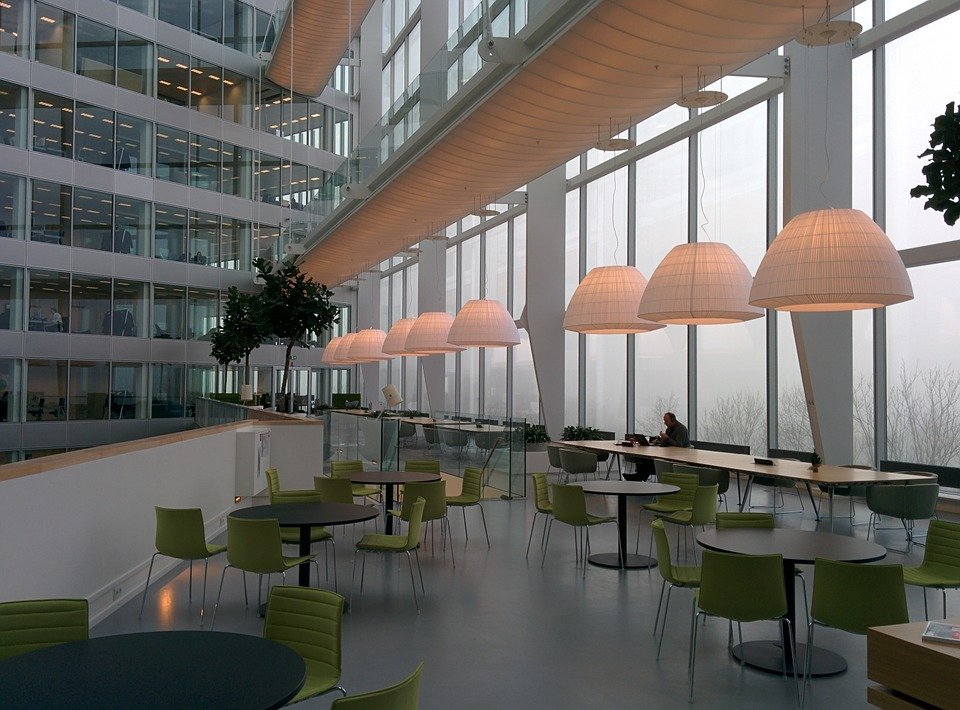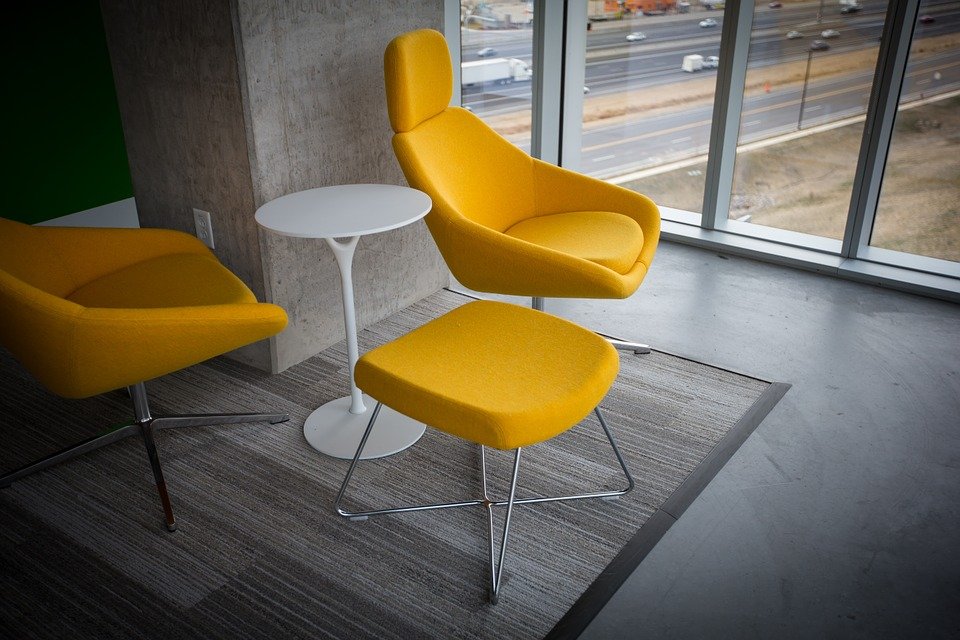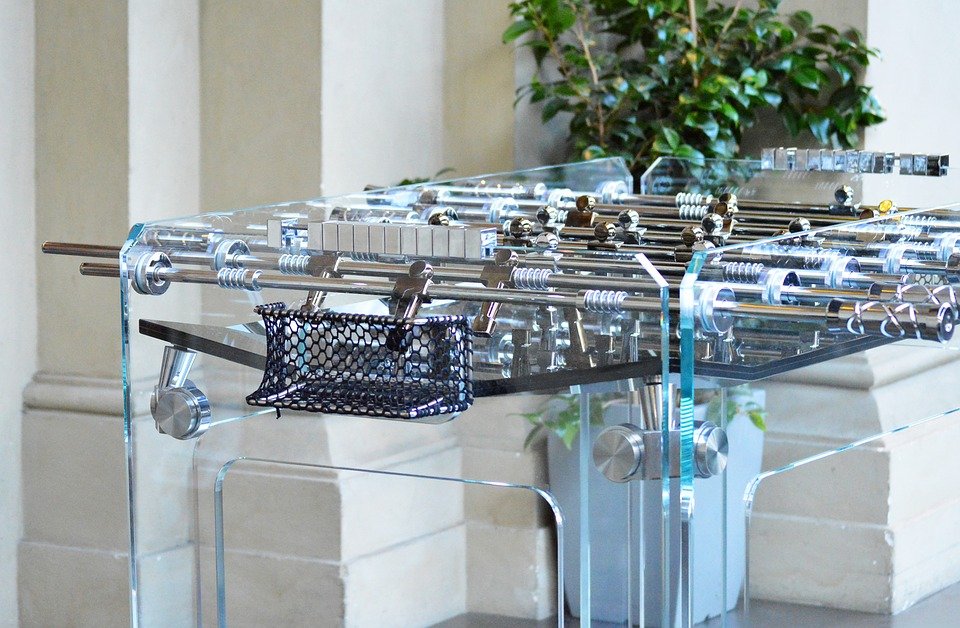Are “cool” offices a ticking timebomb?

By Xenia Koumi, Director, COSAFE LIMITED
Adult slides, table football and relaxation pods – companies are racing to out-do each other to win the title of the coolest office, but are they putting their employees at risk in the long-term?
Don’t get me wrong, companies that invest their time, effort and money into creating beautiful and inspiring workspaces for their employees should be praised and the column-inches these offices garner are very well-deserved. However, in bringing home touches to the office and blurring the lines between the corporate world and the “real” world, these new workspaces could prove a ticking time-bomb for the health and wellbeing of workers. Furniture that doesn’t provide sufficient support to working postures means that businesses are potentially breaking the law and gives rise to an increased risk of their employees developing strain and musculoskeletal disorders over time. It could also prove very costly for employers in the long-term.

What does the law say? Under the Health and Safety at Work etc Act 1974 and the Management of Health and Safety at Work Regulations 1999, employers have general duties to manage and control the risks associated with work-related injury and ill health, including musculoskeletal disorders (MSDs). This means carrying out analysis of workstations to assess and reduce risks, assuring that controls are in place and that information, training and eye tests are provided. Within this, if there are employees regularly using Display Screen Equipment (DSE), for example computers and laptops, as part of their normal work, a compliant chair is required, which, along with other features, is height adjustable and has a backrest that can be height and tilt adjusted.

Communal wooden workbenches and colourful beanbags are replacing the conventional workstation and task chair in many stylish offices. They look good, but often, these seating options do not offer the adjustability of a typical office chair and sitting on them for several hours every day can lead to discomfort and, in more serious cases, pain and long-term conditions. In addition, with more and more companies moving to hot-desking in their offices, it is common to see employees hunched over a laptop at a desk, sitting too low or too high in their chairs. According to Government studies, musculoskeletal disorders are the most common reason for repeat GP consultations and are behind 60 per cent of cases of long-term sick leave. In 2014/2015, MSDs counted for 44 per cent of all work-related illnesses and an estimated 9.5 million working days were lost as a result of work-related MSDs. This results in a loss for companies, which could easily be avoided with some simple steps.

What are some examples of actions employers can take, to ensure that their offices designed to boost mental wellbeing and productivity, while also protecting their physical health and complying with the law?
- DSE workstation assessments, which are recommended for those who have their own desk and/ or who have specific conditions, such as MSDs, disability, pregnancy, etc. These will ensure that risks are minimised as far as is “reasonably practicable” and any other possible issues are identified.
- Training sessions to provide postural advice to employees with regards to hot-desking and flexible working, which will allow them to set up their workstation as ergonomically as possible, no matter whether they are using a sit-stand desk, conventional desk, or a table in the kitchen area at a client’s offices.
Frequent movement within the working day is another control measure to reduce the development of MSDs. Luckily, many cutting-edge office spaces offer a range of working environments, encouraging employees to move, such as high board desks for standing meetings and large, centralised and often boldly-coloured staircases. Remember, “good” working posture does not mean sitting at the PC like a robot.
COSAFE LIMITED is a health and safety consultancy, offering the full spectrum of services relating to workplace health and safety, for businesses of every size and specialising in the prevention and management of musculoskeletal disorders. To find out more, visit our website www.cosafeltd.com or get in touch at [email protected]
Are “cool” offices a ticking timebomb?
By Xenia Koumi, Director, COSAFE LIMITED Adult slides, table football and relaxation pods – companies are racing to out-do each other
Safety & Health Practitioner
SHP - Health and Safety News, Legislation, PPE, CPD and Resources Related Topics
Breathing Apparatus policy for firefighters could be changed after it was branded ‘dangerous and irresponsible’
Editor’s pick: Events not to miss at Safety & Health Expo this May!
WATCH: Is there a lack of ethnic and cultural diversity in leadership in security & safety?




